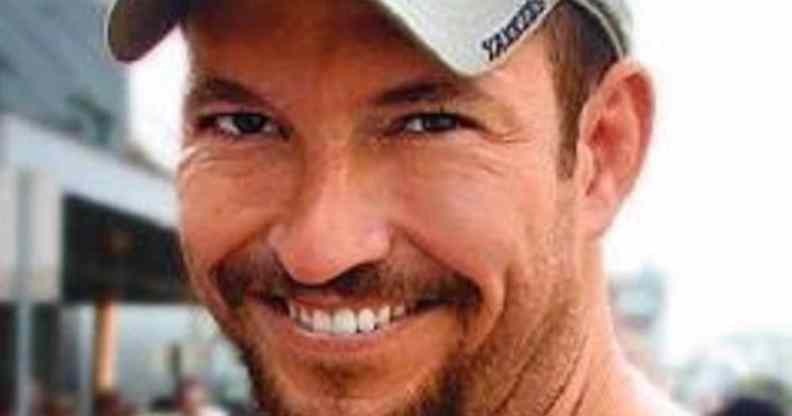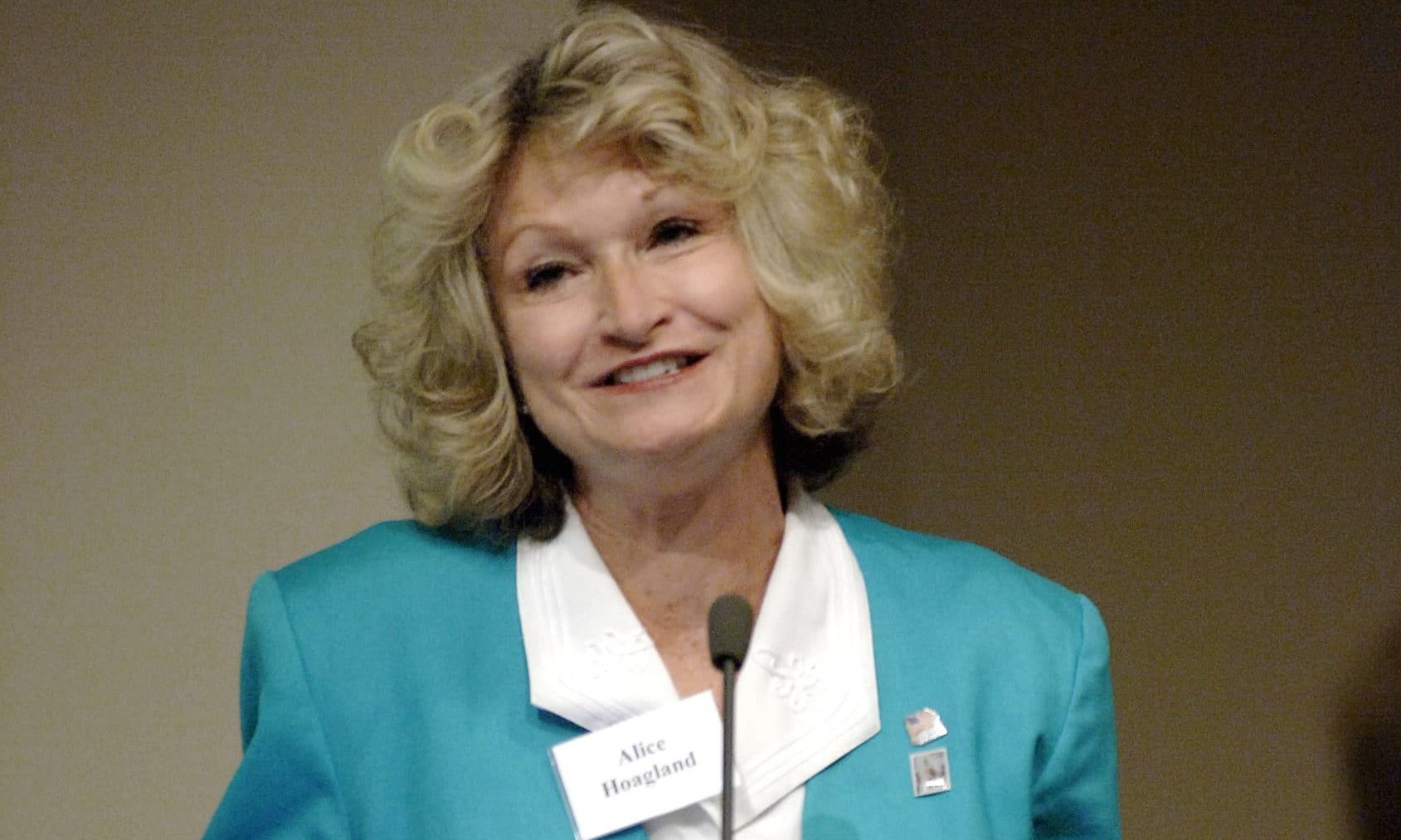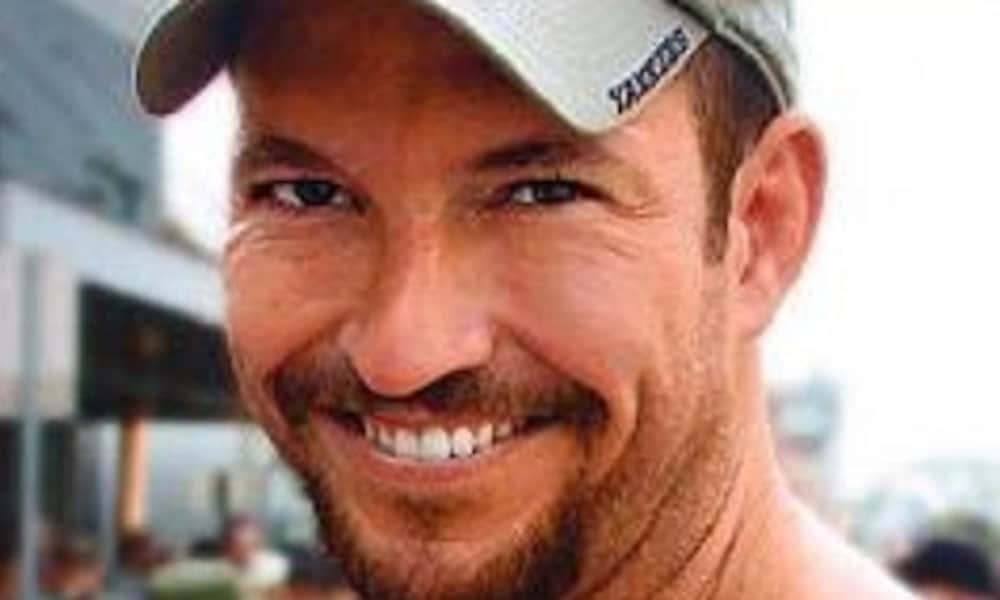
Fallen 9/11 hero Mark Bingham.
It has been 23 years since three planes crashed into the World Trade Center and the Pentagon during the horrifying 9/11 attacks in 2001.
But gay athlete Mark Bingham and three of his fellow passengers onboard United Airlines Flight 93 helped to save hundreds of lives by ensuring that a fourth plane did not hit its intended target.
Bingham was a 6’4″ well-built rugby player, who once fought off an armed mugger to protect his partner of six years, Paul Holm. “He hated to lose at anything,” Holm once recounted.
When television screens flashed with the news that passengers on United Airlines Flight 93 battled their hijackers on 11 September, nobody who knew Bingham was surprised to learn he was involved.
Bingham, along with Todd Beamer, Tom Burnett and Jeremy Glick, hatched the plan to retake the fourth plane from the hijackers, a plan that ultimately saved countless lives.
Hijackers intended for the plane to hurtle into a Washington DC landmark, thought to be the White House or the US Capitol Building.
But around 30 minutes after terrorists commandeered the plane, the group rushed the cockpit. The plane was 20 minutes of flying time away from its target.
While risking their own lives, Bingham and the passengers successfully overthrew the hijackers, and the plane instead crashed in a grassy, empty field near Shanksville, Pennsylvania.
All 44 people onboard the flight lost their lives, but the group’s actions likely saved hundreds more – and Bingham is remembered as one of the many heroes of 9/11.
Mark Bingham’s mother Alice Hoagland was LGBTQ-inclusive rugby’s ‘biggest supporter’
The last words Alice Hoagland heard from her son Mark Bingham were: “I love you.”
At 6.44am on 11 September, 2001, her phone rang and she answered to hear her son’s voice for the last time.
While on board the flight, he called and said, “Hi, Mom. This is Mark Bingham.” Then only: “I love you,” and he hung up.
After his death, she worked tirelessly to ensure people would know his name.

Hoagland, who raised Bingham as a single mother, became an ally for LGBTQ+ rights as well as an advocate for increased airline safety and security.
The Bingham Cup, a biennial international rugby union competition predominantly for queer men, was established in 2002 in his memory.
“I’m proud of Mark and everyone involved in the Bingham Cup,” Hoagland told radio station 702 ABC Sydney.
“I lost my son, but gained 60 teams of rugby players,” she said.
Hoagland died on 22 December, 2020, at her home in Los Gatos, California at the age of 71.
She was remembered by International Gay Rugby as “its biggest supporter and the surrogate mother for many rugby players who found a way forward through their involvement with rugby and the Bingham Cup.”
After her death, tributes have flooded in on social media, with many members of the International Gay Rugby (IGR), an organisation who support LGBTQ+ rugby players globally, saying she was like a “mother”.
One wrote: “Alice – you, as your son, impacted me more profoundly than you could know. Forever, with you.”
Another wrote: “Such devastating news to all who were lucky enough to have known and loved Alice. What a sensational, loving, accepting and supportive ‘mother’ that she was to us all.”

